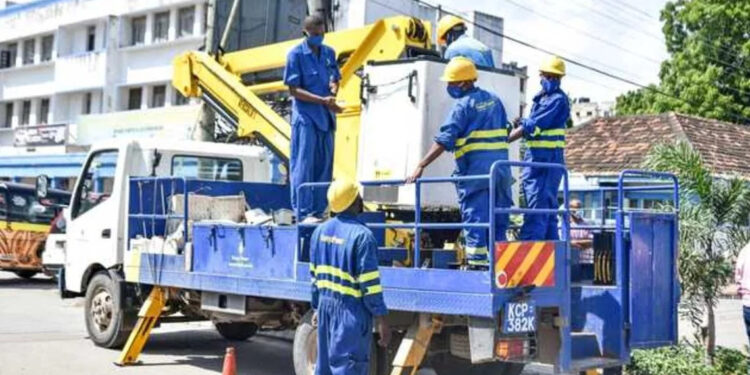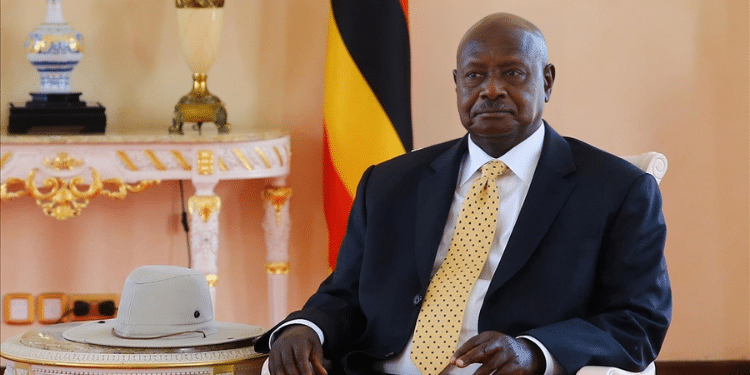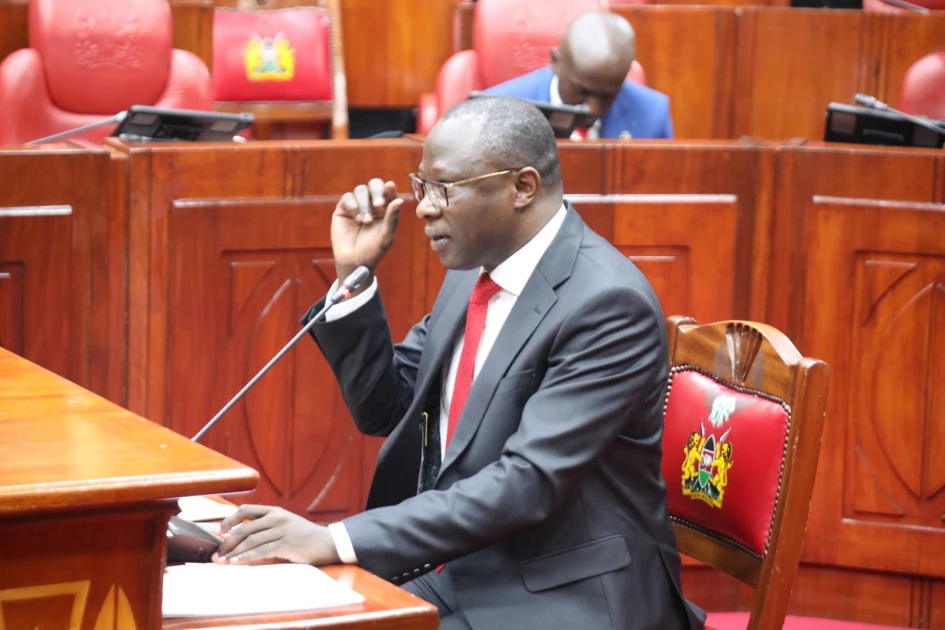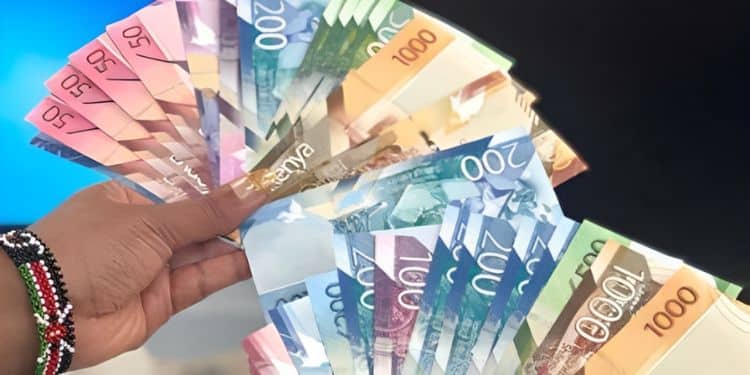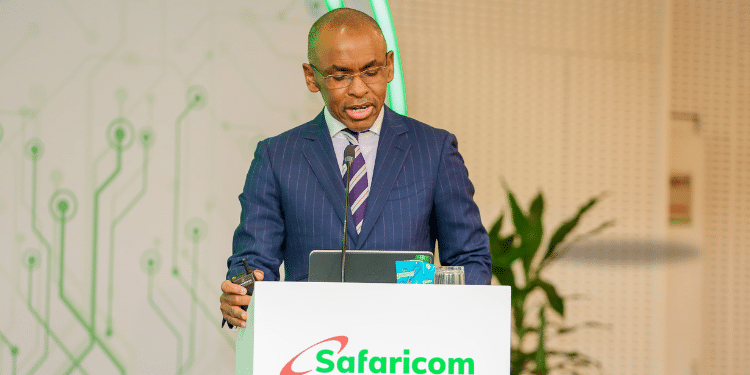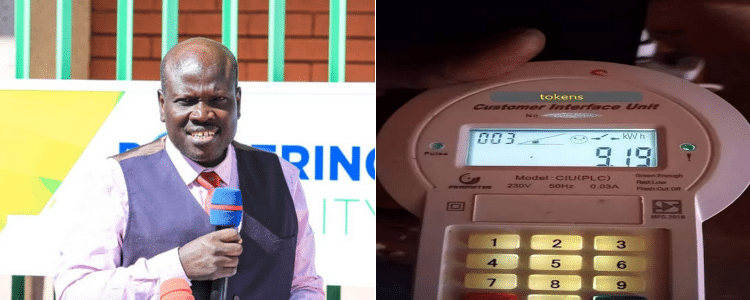The Kenya Power and Lighting Company (KPLC) has explained why tokens for same payment amount vary from customer to customer.
Kenyans and customers purchasing electricity units from KPLC have on many occasions raised concerns and complained about receiving different quantities of tokens purchased for the same amount of money.
Kenya Power General Manager of Commercial Services and Sales Rosemary Oduor addressed the concerns while explaining that the variance is based on categorization laid down by the company.
Oduor while speaking at a Citizen TV panel revealed that this variance is as a result of the current Tariff structure which divides customers into three bands based on average consumption.

According to the Kenya Power GM, the categorization is based on a customer’s average consumption over the previous three months which determines which band they are placed in.
Also Read: KPLC Explains Why Kenyans Experience Power Blackouts When It Rains
She explained in her breakdown that the company categorizes consumers in three bands namely Domestic Customer One (DC1), Domestic Customer Two (DC2), and Domestic Customer Three (DC3).
KPLC Token Categorization
The bands categorize consumers with fewer than 30 units, 30 to 100 units, and more than 100 units, respectively.
“The Tariff structure that was approved last year that is in force has domestic customers in three bands; the lower band is the people who consume less than 30 units a month, then your rate is Domestic Customer 1. The current cost per unit in DC1 is Ksh.12.24 before adding VAT and fuel energy and others,” she said.
This means that DC2 consumers who use less than 30 units per month are charged at Ksh.16.58, and DC3 at Ksh.20.58.
“If you consume between 30 and 100 units per month, then your rate is Ksh.16.58 units a month. The upper band in which is above 100 units the rate is Ksh.20.58 per unit.”
According to her consumers belonging in DC3, of 100 and above units are charged in DC3 rate.
Oduor explained that it doesn’t add value for a consumer to purchase different number of units because their charges are based on the average consumption which then determines the band which they are categorized in.
Also Read: Kenya Power Demands Countrywide Crackdown After Ksh 400M Loss
On the other hand, KPLC revealed that consumers who subscribe to last-mile connectivity pay additional fees.
Kenya Power further said that such consumers receive fewer units because half of the tokens purchased are used to pay for the connection.
If, for instance, customers purchase tokens worth Ksh.100, then half of the amount would go to paying for the connection which KPLC gives them upfront.
Oduor’s remarks came following widespread concerns raised by KPLC customers who complained of getting different quantities of tokens purchased for the same amount of money.
How Much Kenya Power Makes Through Tokens
Meanwhile, Kenya Power has revealed that it makes an amount of Ksh2 in profits or less, for every Ksh100 payment made for token purchase.
KPLC Managing Director (MD) and Chief Executive Officer Eng. Dr. Joseph Siror revealed the profits made by the company for every token amount purchased by customers.
According to Siror, out of the amount received by Kenya Power from consumers for electricity bills, the company only makes 10 per cent in profits.
The CEO while also speaking to Citizen TV revealed the amounts arguing that the company spends more on paying for costs incurred by the government.
“For every Ksh.100 we are dealing with, your profit is only Ksh.2 and if you were to make a capital investment in millions, it would take long for you to recover it and you might never even recover it,” said Siror.

According to him, since the company is mandated to supply electricity in the country, the government incurs costs while providing funds for most installations used by the company. The costs incurred are in turn recovered gradually from customers.
Siror Explains
Eng. Siror went on to note that the aftermath of the cost recovery process leads to the trickling down of expenditure to about 10 per cent in profits.
This is because the process sees the company spending about 65 per cent of the customers’ bill to generate power.
He said the power distributor is sometimes forced to incur little to no profits in its service to Kenyans.
“For every Ksh.100 that you pay in the bill, 65% goes to generation. What only possibly comes to Kenya Power is Ksh.20. When you look at the composition of that Ksh.20, it might be 10% of that is the profit Kenya Power makes. It could even be lower,” he added.
Electricity Bills Estimation
At the same time, the lighting company disclosed that it indeed makes estimations for consumer electricity bills every so often.
According to Eng. Oduor, Kenya Power makes electricity bill estimations in instances where their staff are unable to obtain accurate meter readings from the consumers’ premises
She noted that such instances include denial of access to the electricity meters by the consumers themselves, either maliciously or just by accident.
Follow our WhatsApp Channel for real-time news updates:
https://whatsapp.com/channel/0029VaB3k54HltYFiQ1f2i2C
